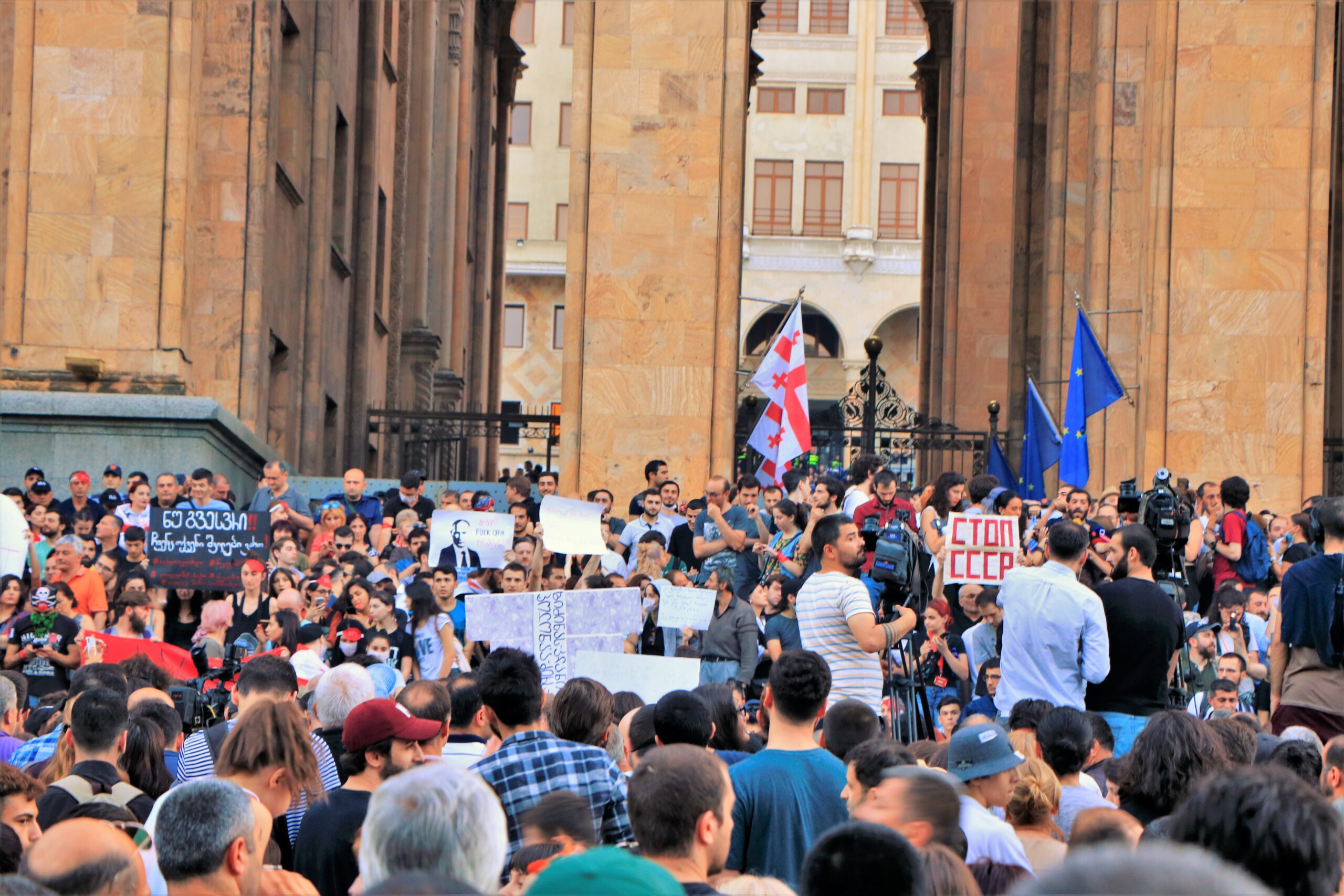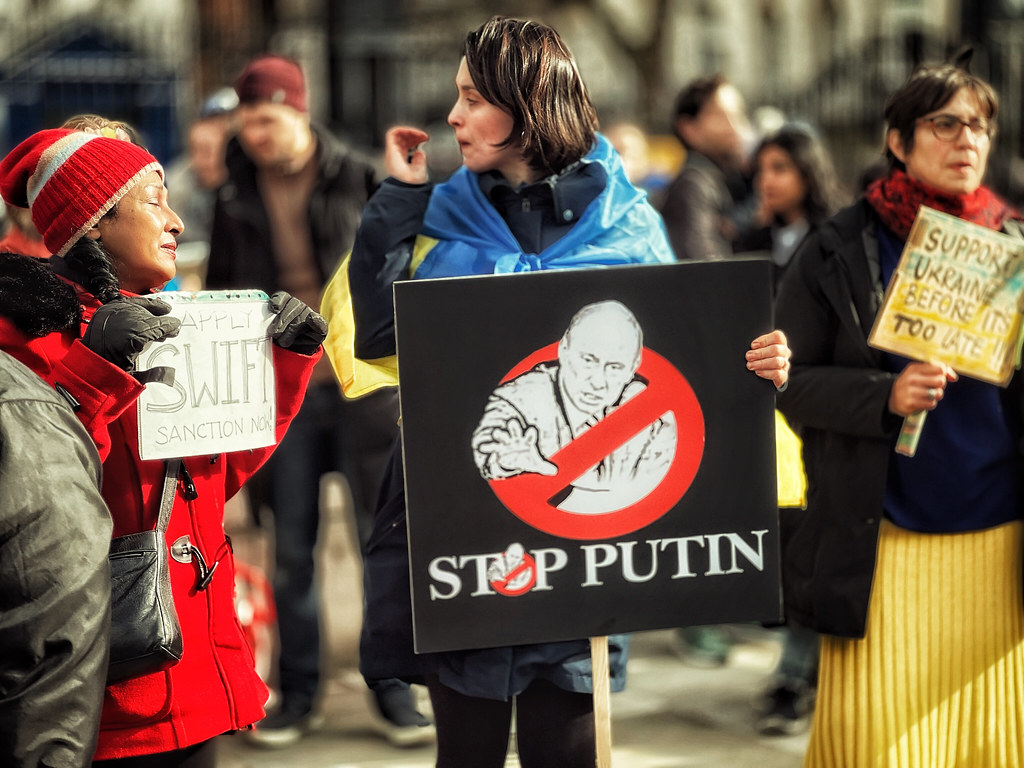As Russia continues its military assault on Ukraine, an alarming rise in pro-Kremlin sentiment is spreading across parts of the former Soviet bloc. From eastern Germany to Hungary, and even beyond NATO and EU borders, leaders are cozying up to Vladimir Putin—marking a worrying shift in the geopolitical landscape. 😳
🤔 What’s Driving This Pro-Putin Movement?
Across countries that were under Soviet control until the late ’80s, we’re seeing a resurgence of far-right and far-left support. These movements largely oppose Western backing of Ukraine, instead blaming the West for provoking Russia’s aggression. This narrative taps into deep-rooted fears of being dragged into direct conflict with Moscow. 💣
In countries like Hungary, Slovakia, and Azerbaijan, there’s a mix of fear, resentment, and nostalgia. Though it doesn’t signal a stealthy restoration of the Soviet Union, it does point to an ideological shift in the region.

🌍 Hungary’s Orbán and Slovakia’s Fico: Populism and Putin
In Hungary, this trend is championed by Prime Minister Viktor Orbán, who has distanced himself from his liberal democratic roots and embraced pro-Russian policies. Despite facing EU criticism and fines for violating asylum rules, Orbán continues to strengthen ties with Russia. His 2022 re-election and subsequent political moves underscore Hungary’s growing alignment with Moscow.
Slovakia, under the leadership of Robert Fico, has also seen a pro-Russian shift. Though Fico has softened his stance on Ukraine, pro-Putin sentiment remains strong among the electorate, as seen in the 2024 presidential elections.
🌏 Beyond Europe: Azerbaijan and Georgia Turn East
Outside the EU and NATO, countries like Azerbaijan and Georgia have also started cozying up to Russia. Azerbaijan’s President Ilham Aliyev has solidified trade routes with Russia, helping Moscow evade Western sanctions. The country has even applied to join the BRICS and seeks closer ties with the Shanghai Cooperation Organization. 🛤️
In Georgia, a country that once symbolized post-Soviet democratic renewal, ties with Russia are also being rekindled. Despite still aspiring for EU membership, Georgia’s government has faced backlash for authoritarian laws similar to those in Russia—suggesting a slow drift towards autocracy.
🚨 What Does This Mean for the Future?
With Russia’s war in Ukraine still raging, the rise of pro-Russian sentiment in the former Soviet bloc raises alarms for the West. The authoritarian drift in several countries doesn’t mean the return of the Soviet Union, but it does signal a shift away from the liberal democratic order that many hoped would prevail after the Cold War.
The war in Ukraine will play a critical role in determining the future of these shifting alliances and the balance of power in Europe. But for now, the growing popularity of right- and left-wing populism, coupled with increasing authoritarianism, suggests that we are far from a stable new world order. 🌐
Stay tuned for more insights into the evolving geopolitical landscape.
